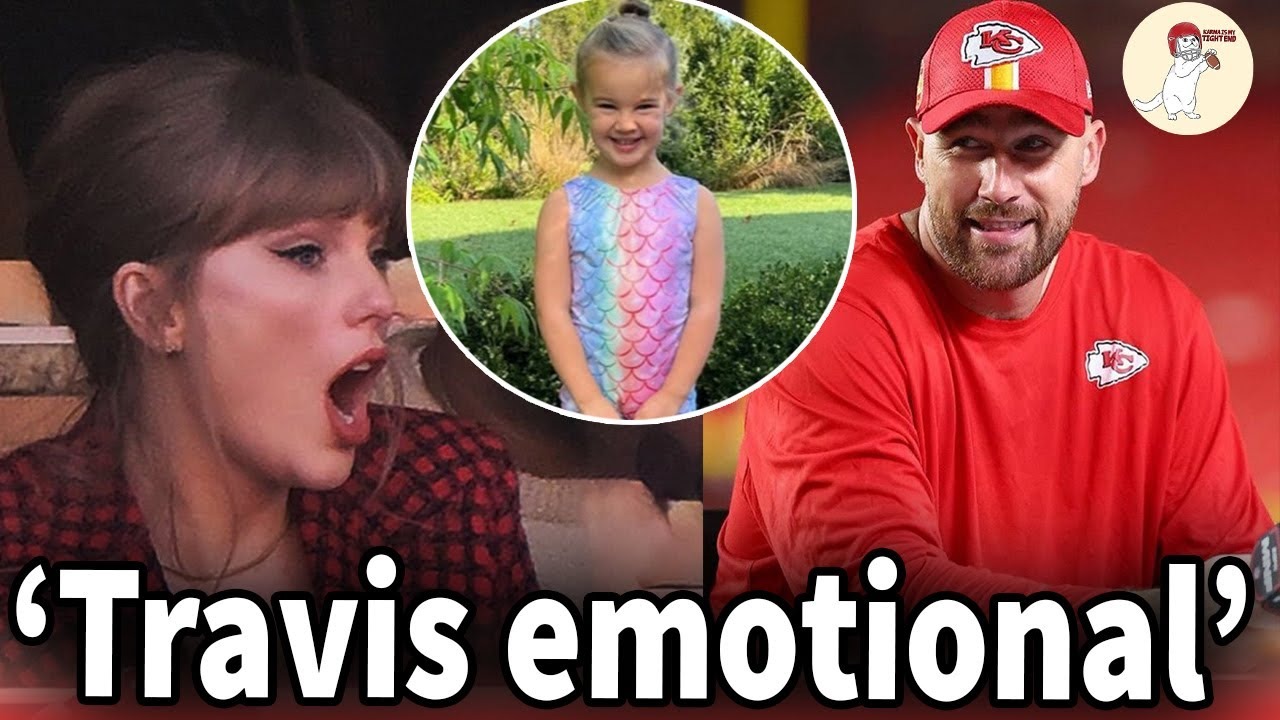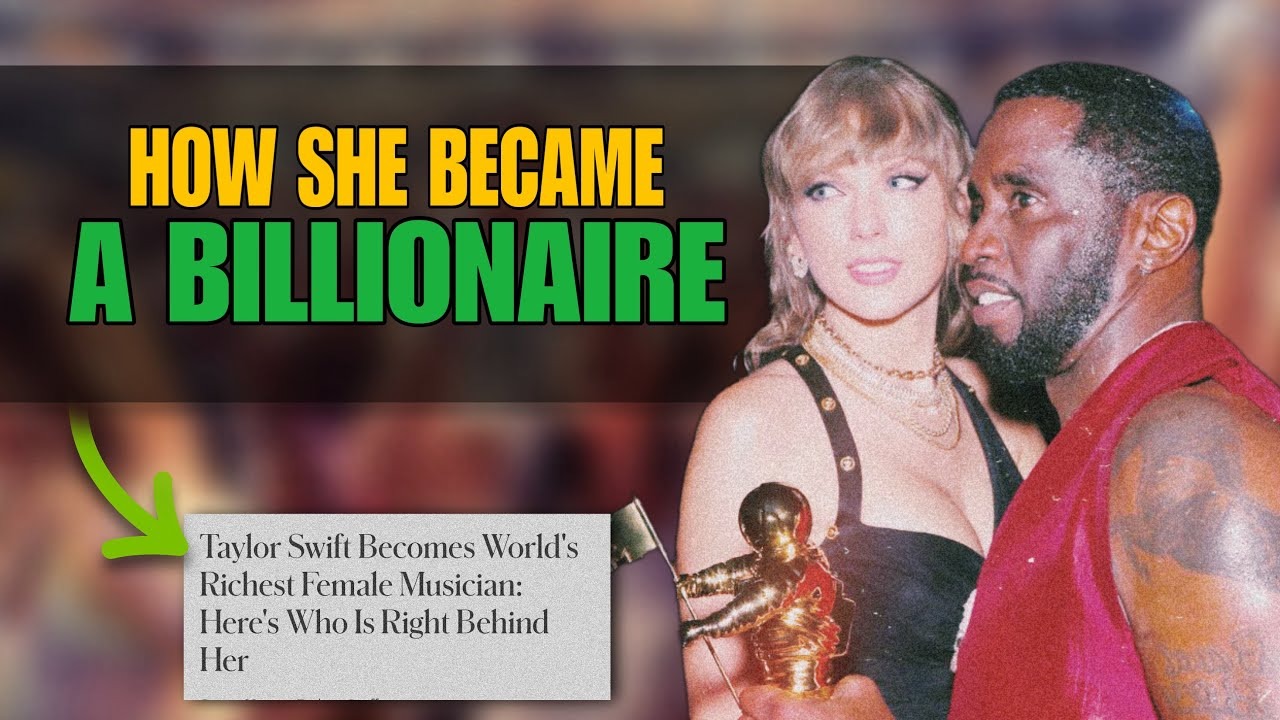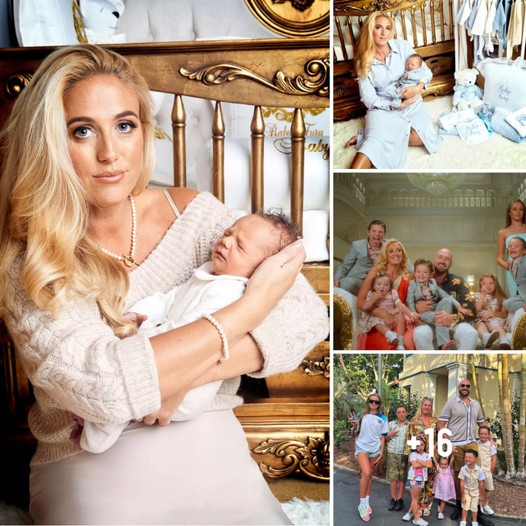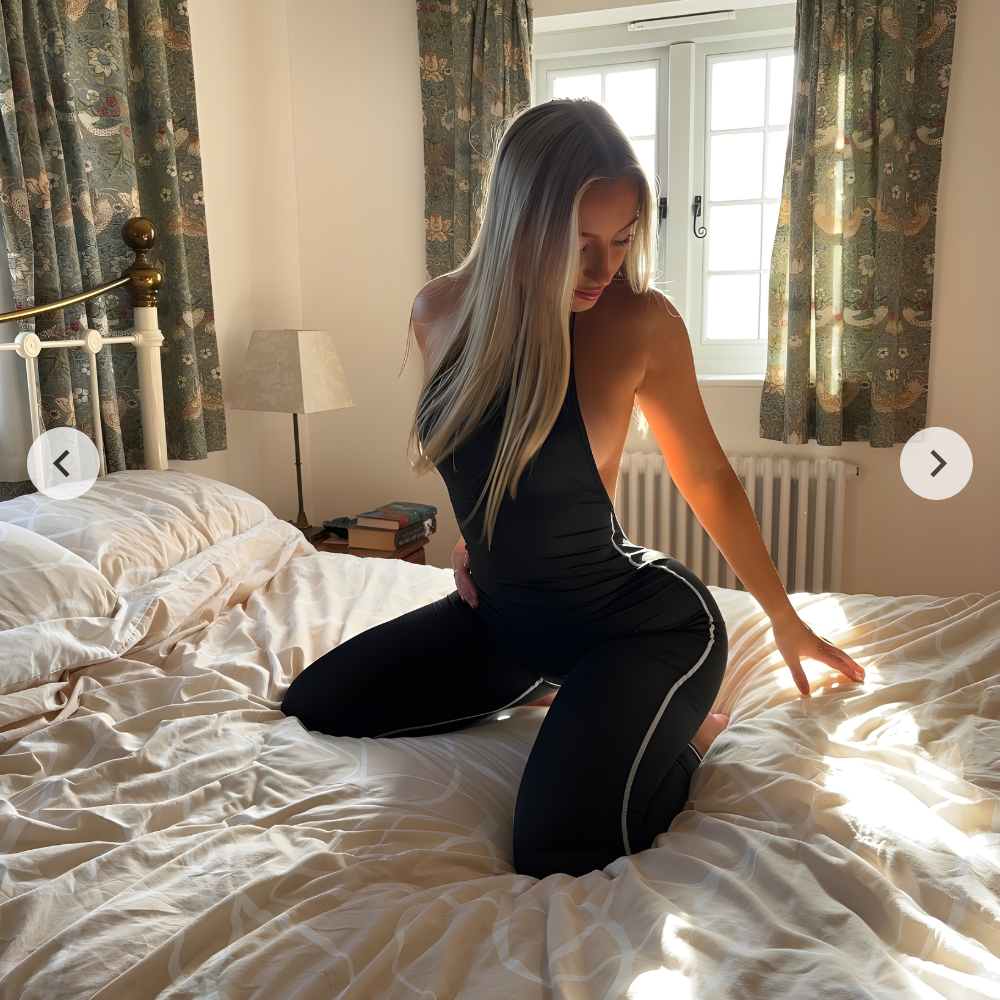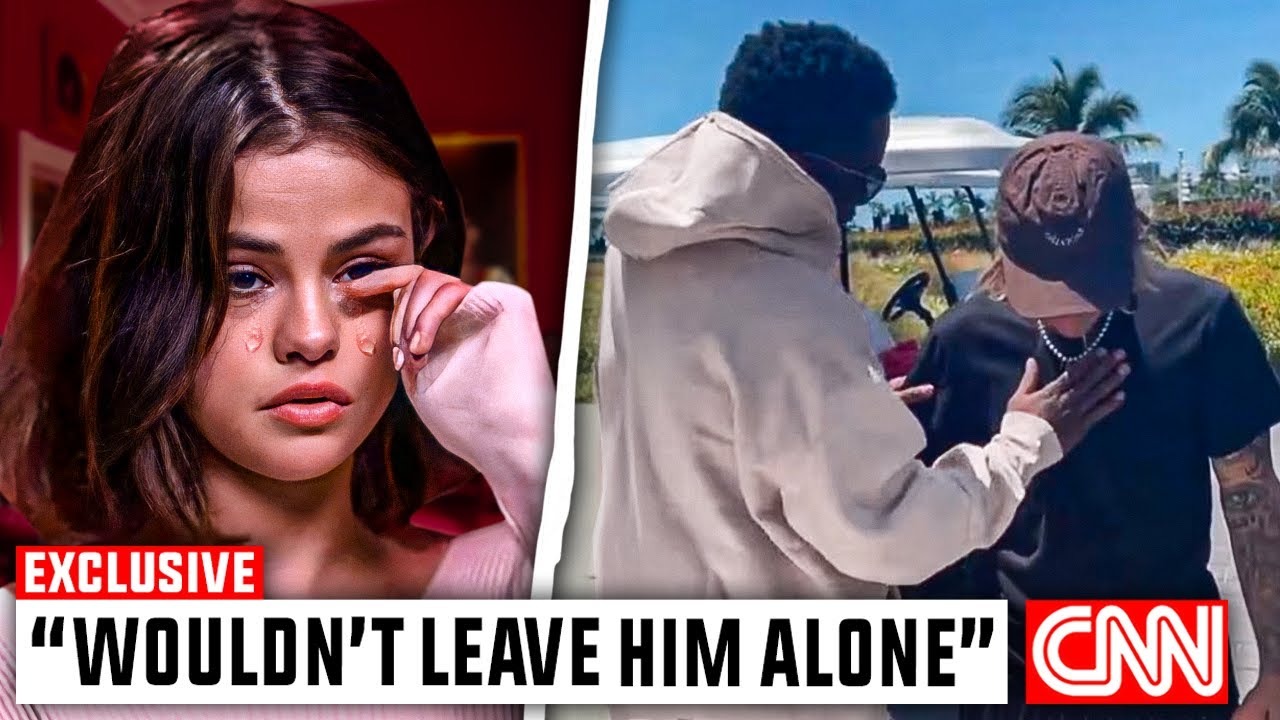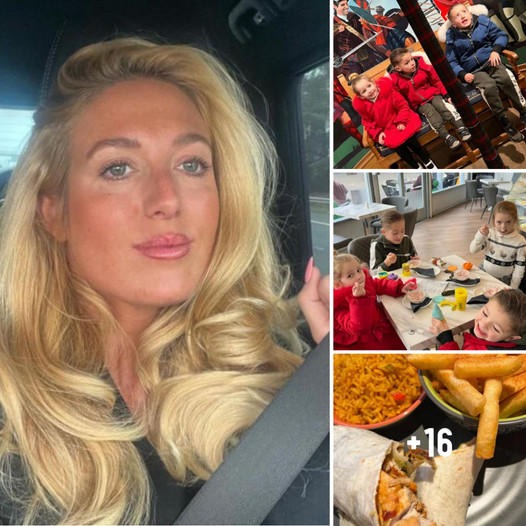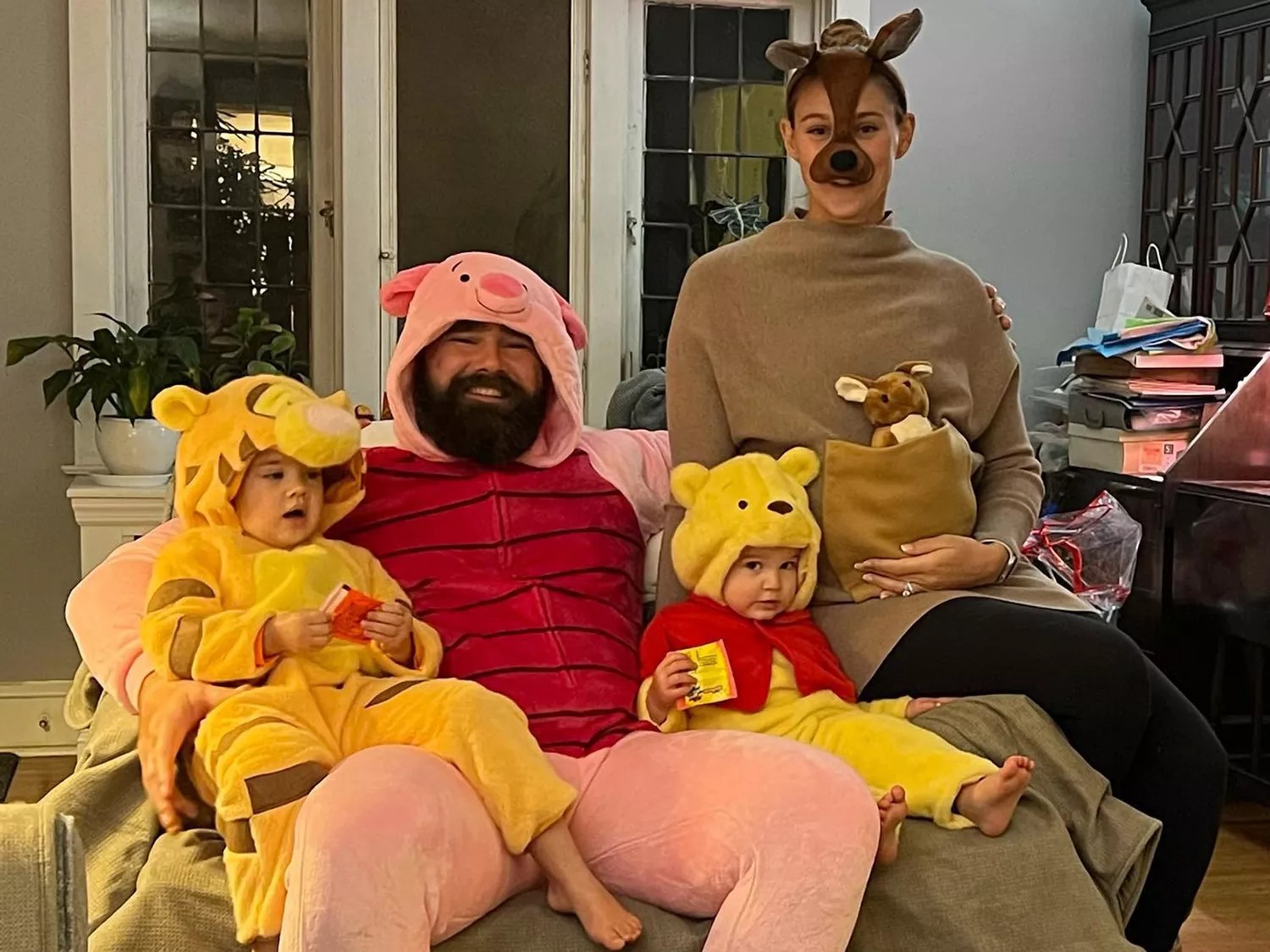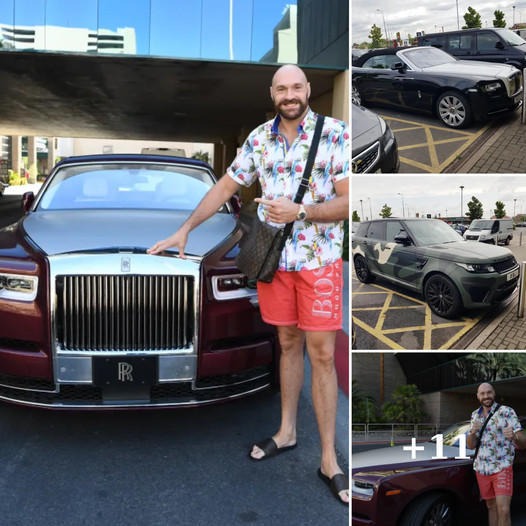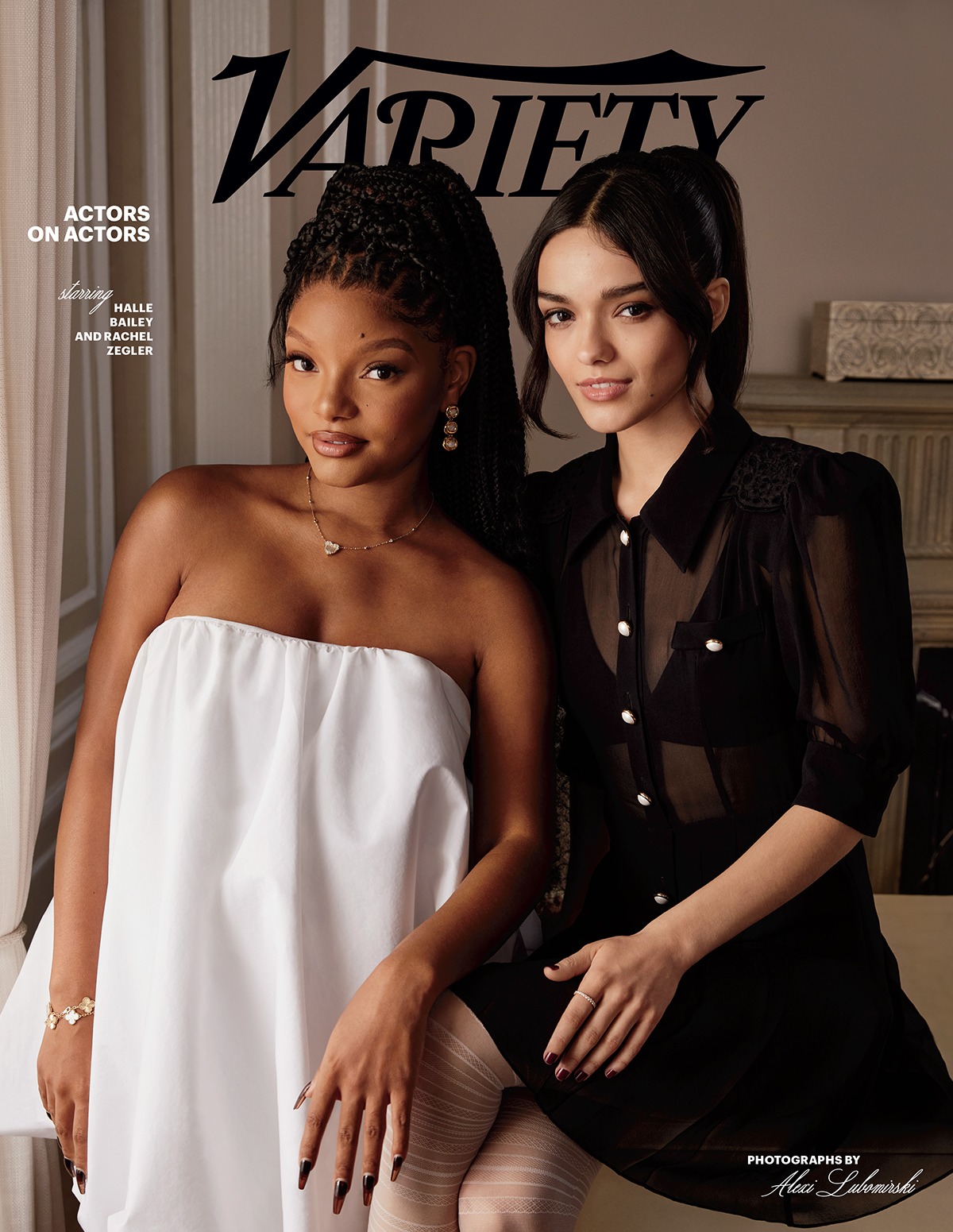
Shortly after Halle Bailey and Rachel Zegler were crowned real-life Disney princesses, they met for the first time at a ball — the 2021 Met Gala, to be exact. It was the beginning not only of a beautiful friendship, but of a new era for Disney. Bailey became the first Black Ariel in Rob Marshall’s live-action adaptation of “The Little Mermaid,” based on Disney’s beloved 1989 animated film. Zegler — who used to dress up as Snow White as a little girl — will embody a Latina fairy-tale heroine who befriends seven CGI-created dwarves in 2025’s “Snow White.”
The singer-actors are also showcasing their golden voices in literary adaptations: Bailey, as young Nettie in “The Color Purple”; Zegler, as Lucy Gray Baird in the “Hunger Games” prequel “The Ballad of Songbirds & Snakes.” Here, Bailey, 23, and Zegler, 22, reflect on their princess experiences and strategies for silencing the social media haters.
HALLE BAILEY: This is a whole new world! “Mermaid” was really my first big film, and it was interesting, because going into something that means so much to so many people for my first project was very overwhelming — but overwhelmingly beautiful. When I wrapped, I felt such freedom and I was so proud of myself. I stumbled a bit along the way, but in the end, I came out way stronger.
Ariel taught me a lot about myself. So coming out of that energy into “Color Purple” was so beautiful for me, because I felt more comfortable in my skin. Then to get to be on an all-Black set, where you feel like you’re at a family reunion every day, was the best thing ever. And it was a much smaller role, so it was so much easier to be really chilling on set all the time, watching my heroes, like Fantasia and Taraji P. Henson. Just looking and being like, “How the hell am I here?”
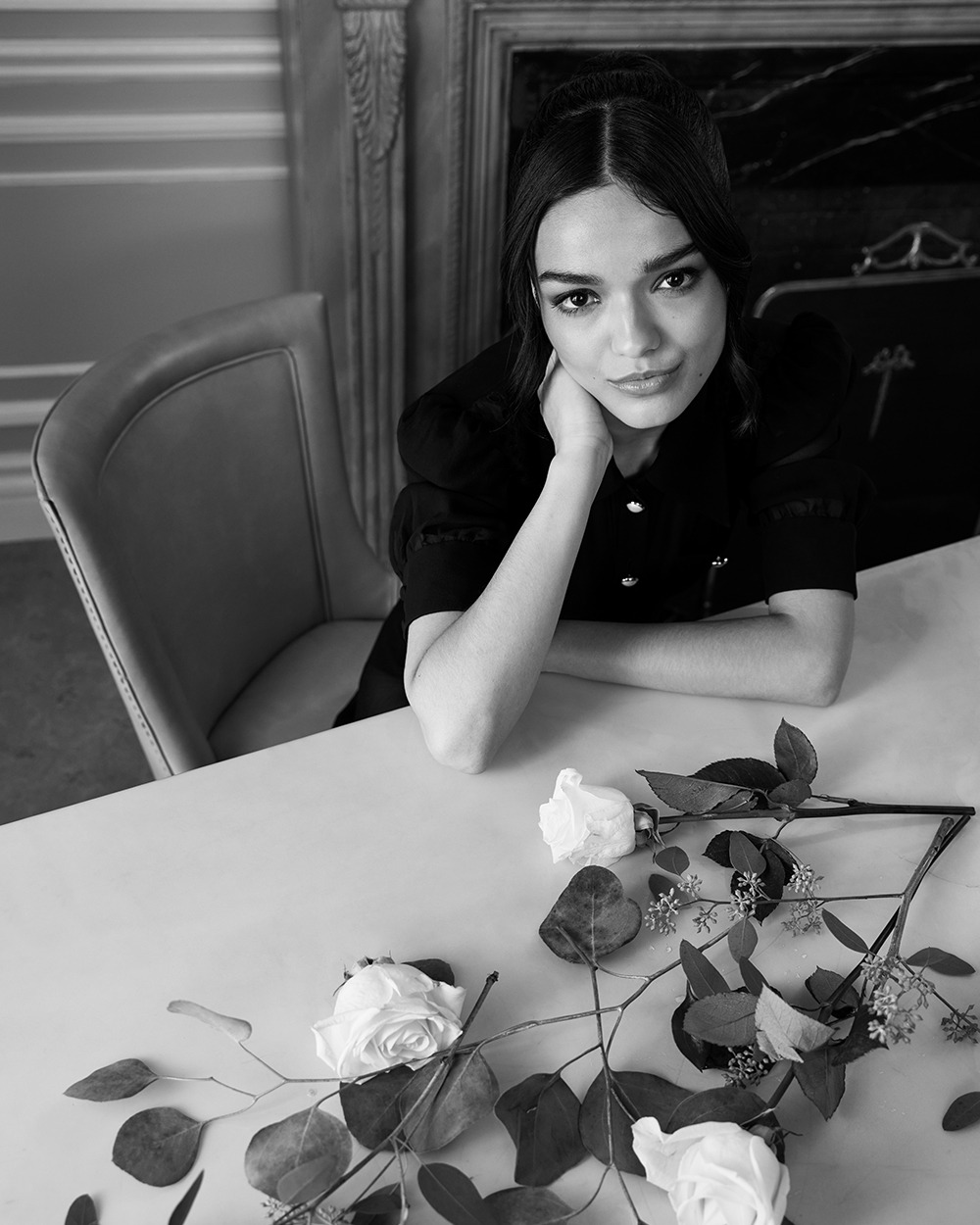
RACHEL ZEGLER: All of us have impostor syndrome. Do you feel that?
BAILEY: All the time. I’m like, “I don’t know how this is happening.” I know you must feel the same because you’re a fellow Disney princess girl, Ms. Snow White! I’m so excited to see that — I’m counting down the days. And I saw “Hunger Games” — woo! When I was younger, I was a “Twilight” girl and a “Hunger Games” girl, and then when I heard it was you, I’m like, “Oh, my God. She’s going to freaking murder it!” And you did. I was in tears every time you opened your mouth to sing, literally.
But that’s such a massive film. It has such history, where people care so much about the franchise and get so sensitive over every little thing. How are you able to navigate going into a film like that coming off “Snow White”?
ZEGLER: I feel like I mourned the wrap of “Snow White” while I was in the middle of getting my bearings on the “Hunger Games” set. There’s a massive pressure that you place on yourself when you’re stepping into shoes like that; the fan base is so huge, so dedicated. I’m one of them, so I know how I would feel if I were watching a reboot of a franchise I adore. You just want to do right by them. But Suzanne Collins, who wrote them, she’s doing right by them because she created the universe.
I read the book when it came out in 2020, and I was in love with the character of Lucy Gray. The fact that Francis [Lawrence, director of “The Ballad of Songbirds & Snakes”] came to me and was like, “I really want you to do this,” it’s the biggest honor of my career thus far. I can say that confidently. I can’t believe that I get to be a part of that franchise. And thank you with vocals. It is a huge honor because you cannot do any wrong vocally. You open your mouth, and the heavens just go, “Yes!” So it means a lot to me.
I’m in disbelief that you’ve got two musicals this year.
BAILEY: You too! Honestly, I feel most comfortable when I’m able to sing. I’m sure you feel similar.
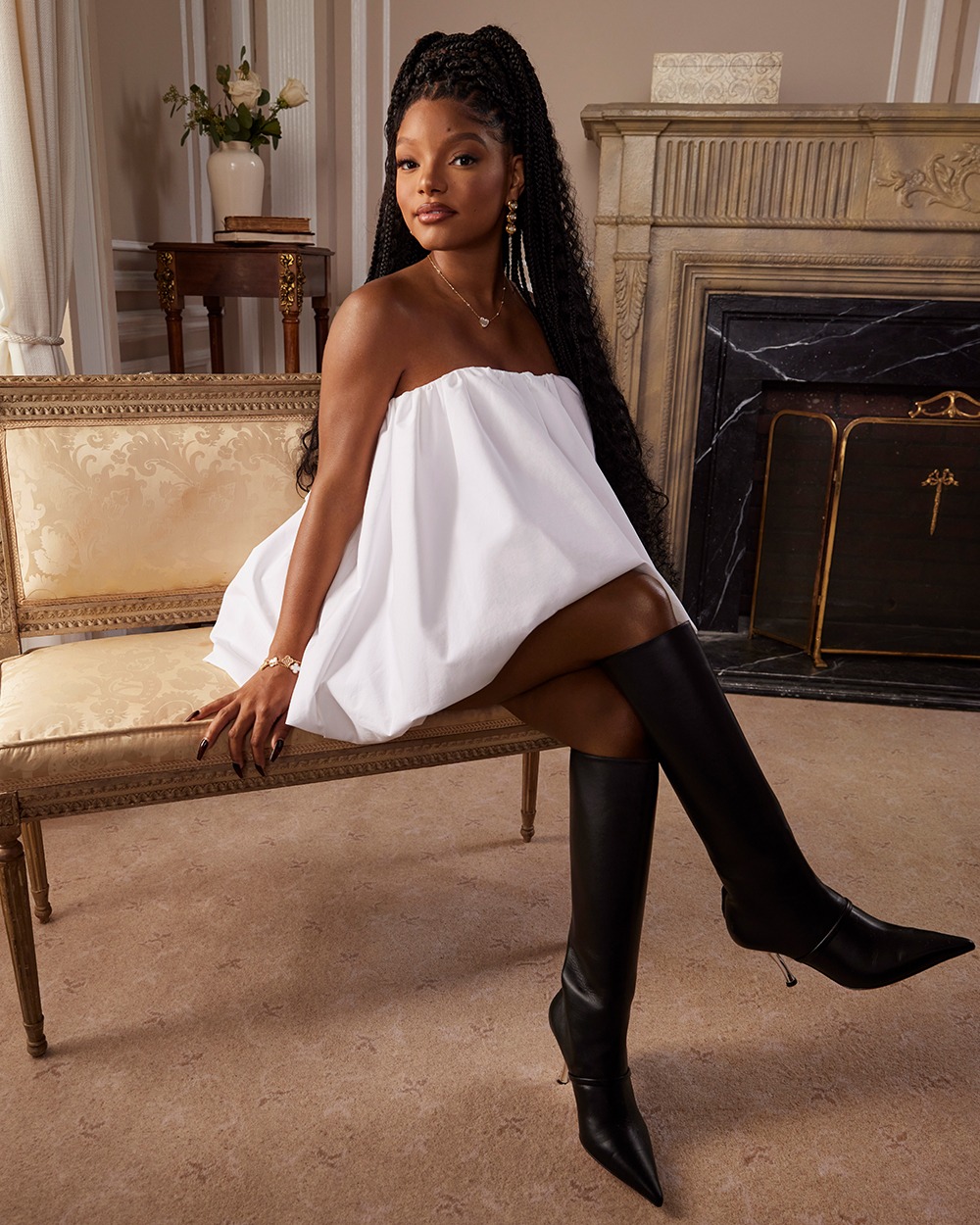
ZEGLER: I was really nervous when I signed on, because I really wanted the fans to be able to subscribe to the fact that music fit into the plot somewhere. Coming from the world of musical theater, there’s a lot of difficulty in trying to sell that to an audience. There’s a lot of people that don’t want to sit down and watch two and a half hours of singing sometimes, and you want to make sure that it feels as organic as possible for songs to fit into a plot like “The Hunger Games.” It doesn’t sound right when you say it out loud. Francis Lawrence and Suzanne Collins had a very clear vision for what they wanted it all to sound like, and then we worked with the country music producer Dave Cobb. I sang live on set, which was crazy. Everybody keeps asking me why I did that. You get it. There’s nothing like it. You can’t really capture that sound and that feeling any other way. That makes it tricky when you step onto sets like “Little Mermaid” or “Snow White,” where it’s all soundstage, so live vocal doesn’t always really exist in that world.
You spent 13 hours a day in a pool. That’s really, really intense on your body. But then you’re in the middle of a musical shoot where you need to be keeping up your voice.
BAILEY: There were a lot of things that combined to my body feeling tired a lot of the time, based on the stunt work. Being in the water, I felt the lightest because you’re buoyant. That felt a little easier. As singers, we’re trained to take care of our vocal cords, so sometimes the chlorine — and then you’re sinusy the next day, and then you have to sing.
I love what you mentioned about singing live on set, because that was something that I really wanted to do on “Mermaid.” I’m able to evoke emotion more in a live take in comparison to a recorded version, so that was something that I was having to navigate. There was one instance — where I’m waiting for the prince, singing “For the First Time” — when I was able to sing live, which I was really grateful for. Because it’s hard when you’re trying to mouth that emotion to a recording.
ZEGLER: You, without the pun intended, blew everybody out of the water. It’s an amazing feat, and I’m so impressed. I truly think that any naysayer out there — because there are always people who have something to say …
BAILEY: Yeah, always.
ZEGLER: You proved them wrong with grace. I was so inspired by the way you handled anybody who had anything bad to say about it. Did you ever let it affect you at all? You definitely didn’t publicly.
BAILEY: Of course, yeah. I mean, we’re sensitive. We’re human beings. I get my feelings hurt if my cat doesn’t want to sit next to me.
ZEGLER: I’m the same way.
BAILEY: That’s what people don’t realize: We’re granted amazing opportunities and able to be seen on massive screens, but there is a dissociation. People start taking you away from being a real human being that has feelings and reacts to things. That was definitely something that I had to navigate. But it turned out to be the most beautiful lesson — to block any naysayers or negativity out. Also, I’m an Aries, so I’m a fire sign. People are like, “Oh, she’s so sweet. She’s so nice.” But a lot of times when I see stuff online, I get mad.
ZEGLER: Of course.
BAILEY: I want to respond, but I’ll just be like, “No, it’s OK.” The way you’re so graceful and respond, it’s just the most beautiful thing to see. Because it’s hard being women under the spotlight. People are so critical and say anything that they would never say to your face.
ZEGLER: Choosing thankfulness and gratefulness is choosing peace. As much as you’d like to remind people verbally that being in the spotlight doesn’t absolve you of your humanity — that you’re allowed to have human moments — it doesn’t necessarily do what you want it to do. It fuels them more.
BAILEY: Yes, exactly.
ZEGLER: So it’s choosing to be present and know that they’re probably just having a really hard day. And I’m putting out a movie.
BAILEY: Amen.
ZEGLER: I feel so thankful for those moments because it started to make me feel like solid Teflon. That nothing can hurt anymore because they’ve said the worst that can be said. You just say, “Thank you so much for this. I have a lot of love in my life, and I’m very thankful.” We get to do our work and have that speak for itself instead.
BAILEY: I love the saying, “You throw stones, and I’ll build a bridge out of them.”
ZEGLER: It’s true though. Because we’re making things that make people connect with one another. And there are people out there who say things that make people want to not come together, that make people want to fight. And it’s just not worth the time and energy.
BAILEY: Stay grateful and ignore the hate.
ZEGLER: It was such a moment on social media when the “Little Mermaid” trailer came out and all these young children — young Black children, in particular — posted videos reacting and being so happy.
BAILEY: It truly was astonishing. I was sobbing anytime I saw a video of them react and say, “She looks like me!” I didn’t know what to do with myself at first. I would be in tears and so grateful to see them be happy about it. These babies were armor for me to put on whenever I felt I was getting consumed with other chatter about my casting.
ZEGLER: Exactly.
BAILEY: Same for you, being an amazing Latina woman as Snow White. You are opening so many doors for your whole community as well. What has that felt like? Is it pressure?
ZEGLER: The cartoon is so beloved. It was the first feature-length cartoon movie. It won honorary Oscars. And all these amazing things that happened for that film are the reason that you and I get to sit here today, because it made Disney what it is. Obviously, that’s come with a lot of pressure that I’ve put on myself. Much like “Hunger Games,” there’s a very dedicated group of people who love Disney cartoons. I’m one of them. I love everything that the Disney Co. has put out in the past 100 years.
So how do you put little baby Rachel at ease with what you’re doing in your career? How is it that you come to this role and make little Rachel proud? That was really what I used to fuel my emotion on that set. Because all the pictures are out there of little me in my Snow White gown.
BAILEY: I swear it’s going to make me cry.
ZEGLER: Stop, because you’ll make me cry.
BAILEY: But it was the sweetest picture. You are so sweet and little and filled with so much joy and the biggest smile on your face. That little girl is still in you, and she’s so proud of you.
ZEGLER: Talk about counting your blessings and thanking whatever it is that brought me here. Obviously for my community, it’s a huge moment. And I hope that it’s not one of those moments that we hear about in the news where it’s like, “Oh, the first in X amount of years.” I don’t want it to be one of those, where 25 years later it’s the next Latina playing a Disney princess.
BAILEY: Exactly.
ZEGLER: I want it to be this revolving door and not just “I opened one door, and one person walked through.” I’m sure you feel the same way — you just want to do right by your community.
This interview has been edited and condensed. Variety Actors on Actors is presented by “Air.”


